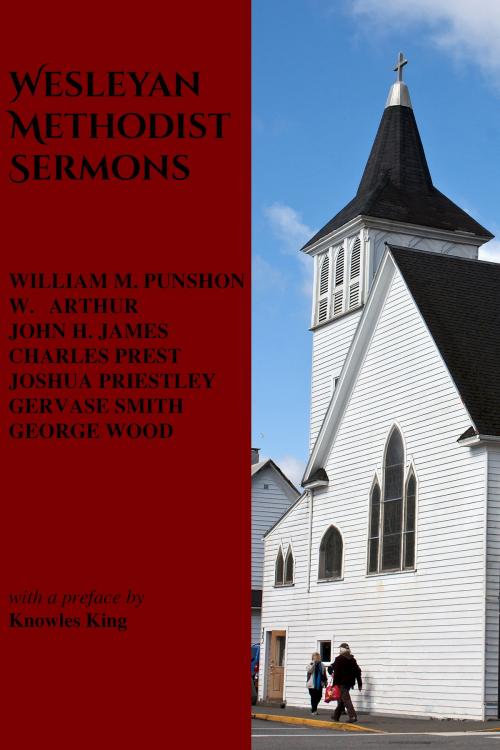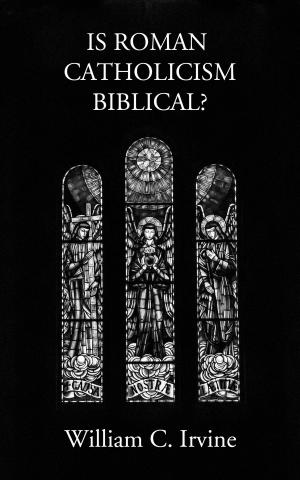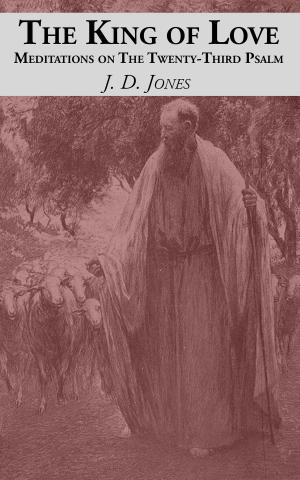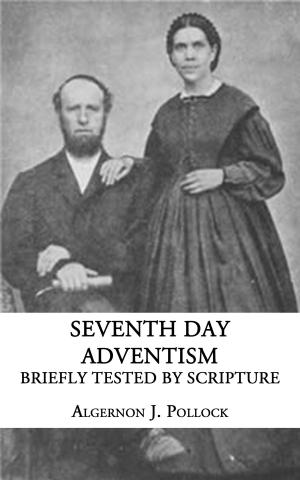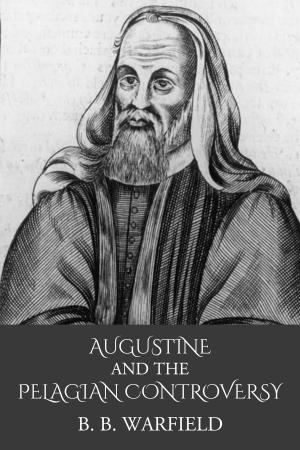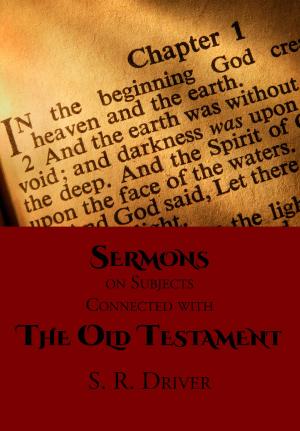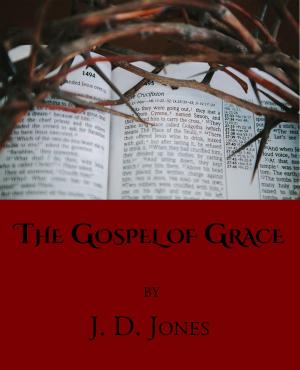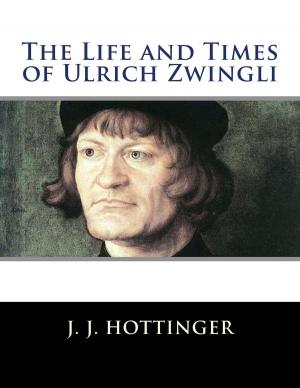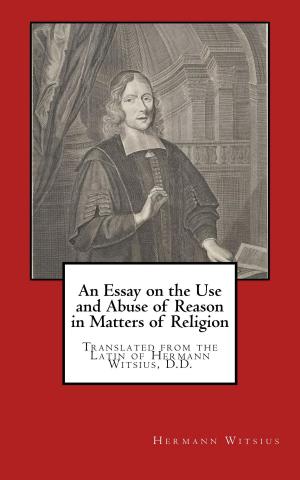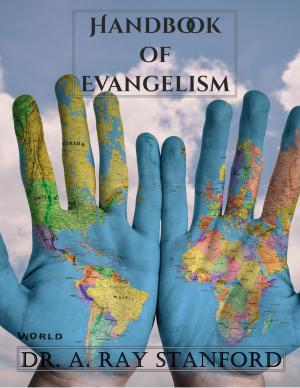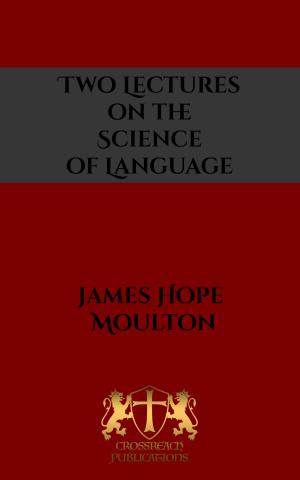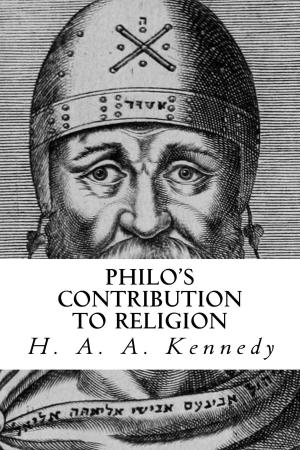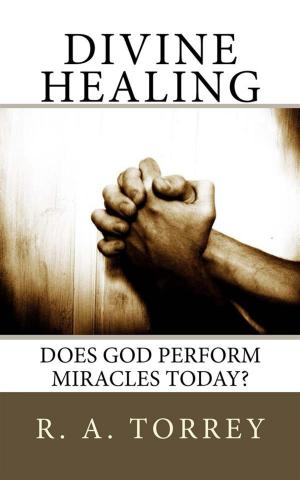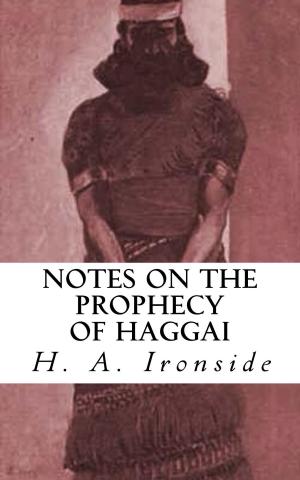Wesleyan Methodist Sermons
Nonfiction, Religion & Spirituality, Christianity, Christian Sermons, Christian Literature| Author: | William M. Punshon, John H. James, Joshua Priestley, W. Arthur, Charles Prest, Gervase Smith, George Wood | ISBN: | 1230001941012 |
| Publisher: | CrossReach Publications | Publication: | September 28, 2017 |
| Imprint: | Language: | English |
| Author: | William M. Punshon, John H. James, Joshua Priestley, W. Arthur, Charles Prest, Gervase Smith, George Wood |
| ISBN: | 1230001941012 |
| Publisher: | CrossReach Publications |
| Publication: | September 28, 2017 |
| Imprint: | |
| Language: | English |
The Sermons which make up this volume were preached at Malvern, in 1866, at, and immediately after, the opening services of the Wesleyan Chapel there.
This beautiful and commodious building owes its erection to the piety and energy of the Rev. W. M. PUNSHON, who, in the year 1862, proposed by Lectures, and otherwise, to raise a fund for building Wesleyan Chapels in places of summer resort.
This proposition was well responded to by Mr. PUNSHON’S friends, and the Wesleyan public, and forty thousand pounds have already been expended in the erection of new Chapels at Ilfracombe, Dawlish, the Lizard, Brighton, Weymouth, Eastbourne, Walmer, Folkestone, Bournemouth, Blackpool, Lancing, Llandudus, Rhyl, Saltburn, Bray, Matlock, Malvern, Keswick, Bowness, and the Isle of Wight. Others are in progress.
These Sermons are published with the consent of the several preachers, but it must be stated that they were preached without any view to publication, and now appear in print, nearly word for word, as they were delivered, extempore, from the pulpit. Some of them, indeed, have never been committed to writing by the authors; for instance, of the beautiful sermon of Mr. ARTHUR, “not a word” was written by him either before or since its delivery.
This will account for the fact that the subjects are not treated with any degree of scientific exactness, as essays might require; but in a manner intended to suggest useful thoughts to serious audiences.
Although myself of the Church of England, I have had many opportunities, during the past thirty-five years, of hearing discourses from Wesleyan ministers, and making personal acquaintance with them; and I believe the following Sermons are a fair specimen of the Wesleyan teaching in this country.
Why should not the Church of England and the great Wesleyan body be united? Circumstances are entirely altered since Wesley, and his coadjutors, were compelled to run away from the Church of England. Now, thank God, the majority of our clergy, like the Wesleyan ministers, are zealous, and energetic, and evangelical men; popular in the style of their addresses, distinguished by the vigour of their pastoral ministrations, and incessant in them; paternal in their care of the poor, of broad and social Christian sympathies, and earnestly pursuing the secular and religious education of the young. Why should not the priests of the Church of England and the ordained Wesleyan ministers be permitted to exchange pulpits as they may think fit? There is little danger that a Wesleyan minister would proclaim unsound doctrine. Such an evil is much more shortly and sharply rectified by Wesleyan discipline, which the Courts of Law uphold, than by any mere legal action to which the Church of England is bound.
May it please God, by His Holy Spirit, to make these Sermons effectual for the spreading of His truth and the quickening of His people.
Knowles King,
Sidmouth House, Malvern,
December 3, 1866.
The Sermons which make up this volume were preached at Malvern, in 1866, at, and immediately after, the opening services of the Wesleyan Chapel there.
This beautiful and commodious building owes its erection to the piety and energy of the Rev. W. M. PUNSHON, who, in the year 1862, proposed by Lectures, and otherwise, to raise a fund for building Wesleyan Chapels in places of summer resort.
This proposition was well responded to by Mr. PUNSHON’S friends, and the Wesleyan public, and forty thousand pounds have already been expended in the erection of new Chapels at Ilfracombe, Dawlish, the Lizard, Brighton, Weymouth, Eastbourne, Walmer, Folkestone, Bournemouth, Blackpool, Lancing, Llandudus, Rhyl, Saltburn, Bray, Matlock, Malvern, Keswick, Bowness, and the Isle of Wight. Others are in progress.
These Sermons are published with the consent of the several preachers, but it must be stated that they were preached without any view to publication, and now appear in print, nearly word for word, as they were delivered, extempore, from the pulpit. Some of them, indeed, have never been committed to writing by the authors; for instance, of the beautiful sermon of Mr. ARTHUR, “not a word” was written by him either before or since its delivery.
This will account for the fact that the subjects are not treated with any degree of scientific exactness, as essays might require; but in a manner intended to suggest useful thoughts to serious audiences.
Although myself of the Church of England, I have had many opportunities, during the past thirty-five years, of hearing discourses from Wesleyan ministers, and making personal acquaintance with them; and I believe the following Sermons are a fair specimen of the Wesleyan teaching in this country.
Why should not the Church of England and the great Wesleyan body be united? Circumstances are entirely altered since Wesley, and his coadjutors, were compelled to run away from the Church of England. Now, thank God, the majority of our clergy, like the Wesleyan ministers, are zealous, and energetic, and evangelical men; popular in the style of their addresses, distinguished by the vigour of their pastoral ministrations, and incessant in them; paternal in their care of the poor, of broad and social Christian sympathies, and earnestly pursuing the secular and religious education of the young. Why should not the priests of the Church of England and the ordained Wesleyan ministers be permitted to exchange pulpits as they may think fit? There is little danger that a Wesleyan minister would proclaim unsound doctrine. Such an evil is much more shortly and sharply rectified by Wesleyan discipline, which the Courts of Law uphold, than by any mere legal action to which the Church of England is bound.
May it please God, by His Holy Spirit, to make these Sermons effectual for the spreading of His truth and the quickening of His people.
Knowles King,
Sidmouth House, Malvern,
December 3, 1866.
